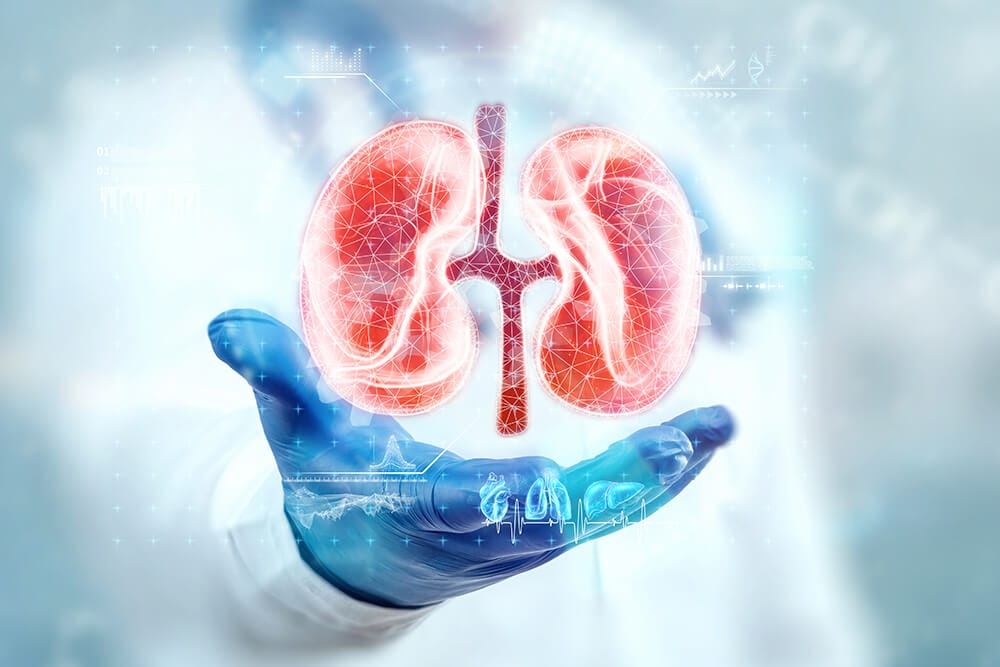
The Best and Worst Foods for Kidney Health: A Complete Guide
In order to maintain overall health, it is important to keep your kidneys healthy. Kidneys filter waste, balance electrolytes, and regulate blood pressure. Kidney function can be enhanced by a proper diet, while poor diets can lead to kidney disease. In full detail, this guide touches on the best and worst foods for kidney health.
Best Foods for Kidney Health
- Blueberries: Rich in antioxidants and low in potassium, they help counteract inflammation and protect kidney function.
- Cauliflower: High in vitamins, fiber, and compounds that aid kidney detoxification.
- Garlic: Anti-inflammatory and helps lower blood pressure, reducing pressure on the kidneys.
- Red Bell Peppers: Low in potassium yet high in vitamins A and C, protecting kidney cells.
- Fatty Fish: Salmon and mackerel are full of omega-3 fatty acids, which lower blood pressure.
- Apples: Full of fiber and anti-inflammatory compounds, supporting digestion and kidney health.
- Egg Whites: An excellent source of protein with little phosphorus, making them kidney-friendly.
- Olive Oil: Contains healthy fats and antioxidants, reducing inflammation and supporting kidney function.
Worst Foods for Kidney Health
- Processed Meats: High in sodium and preservatives, increasing kidney disease risk.
- Soda and Sugary Drinks: Excess sugar can lead to obesity, diabetes, and kidney strain.
- Canned Foods: High sodium content can contribute to high blood pressure and kidney damage.
- Dairy Products: Rich in phosphorus and protein, which can tax weak kidneys.
- Fried and Fast Foods: Contain unhealthy fats and high sodium, increasing kidney disease risk.
- Alcohol: Can cause dehydration and long-term kidney damage.
- High-Potassium Foods: Can be dangerous for people with kidney disease; examples include bananas, oranges, and potatoes.
Simple Steps to a Kidney-Friendly Diet
- Drink plenty of water to stay hydrated.
- Reduce salt intake to avoid high blood pressure.
- Focus on whole, unprocessed foods.
- Moderate protein intake as needed.
- Consult a dietitian for a personalized kidney-friendly meal plan.
Conclusion
Healthy eating habits are essential for maintaining healthy kidneys and preventing complications. Include kidney-friendly foods and avoid harmful ones. Always consult a doctor before making major dietary changes.